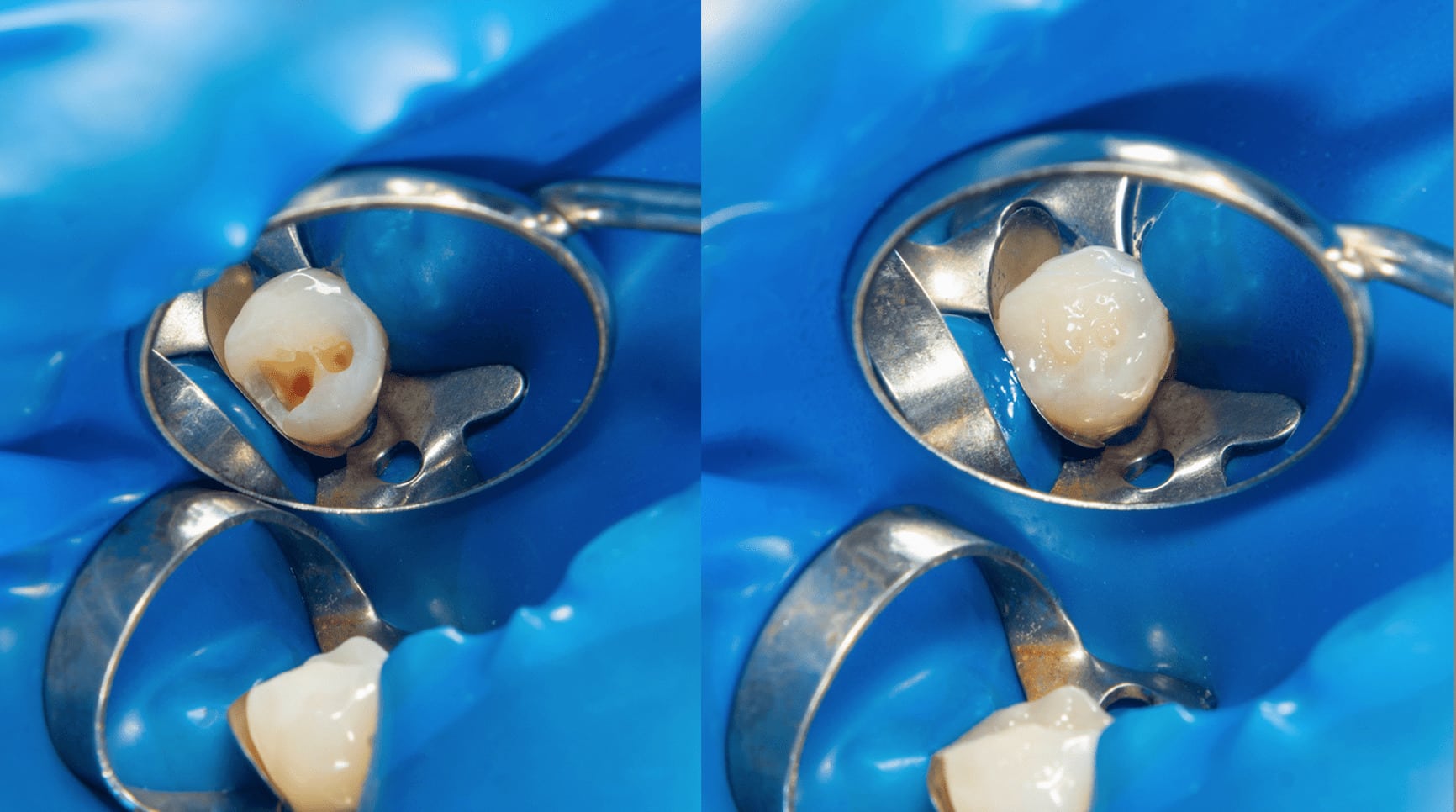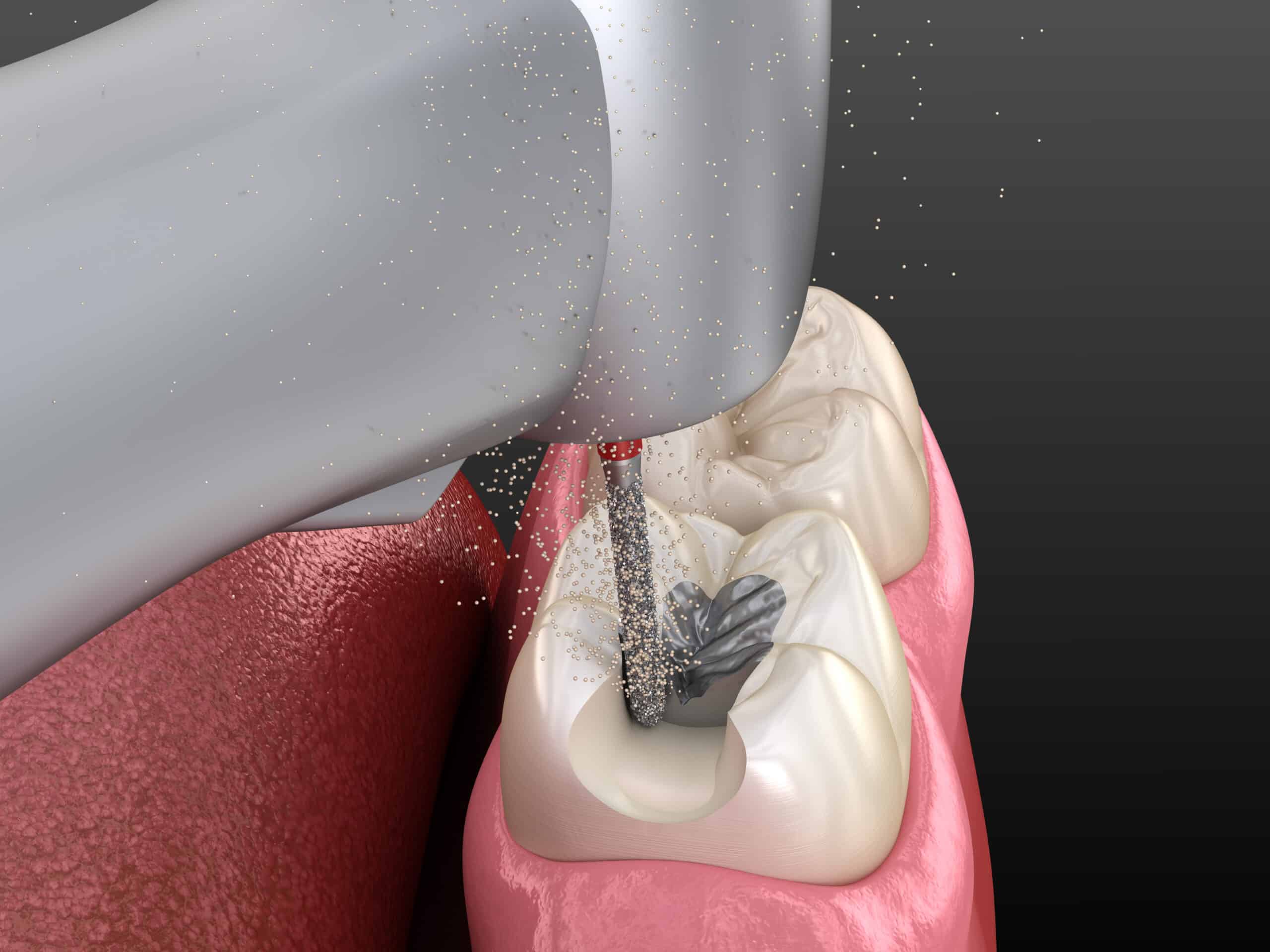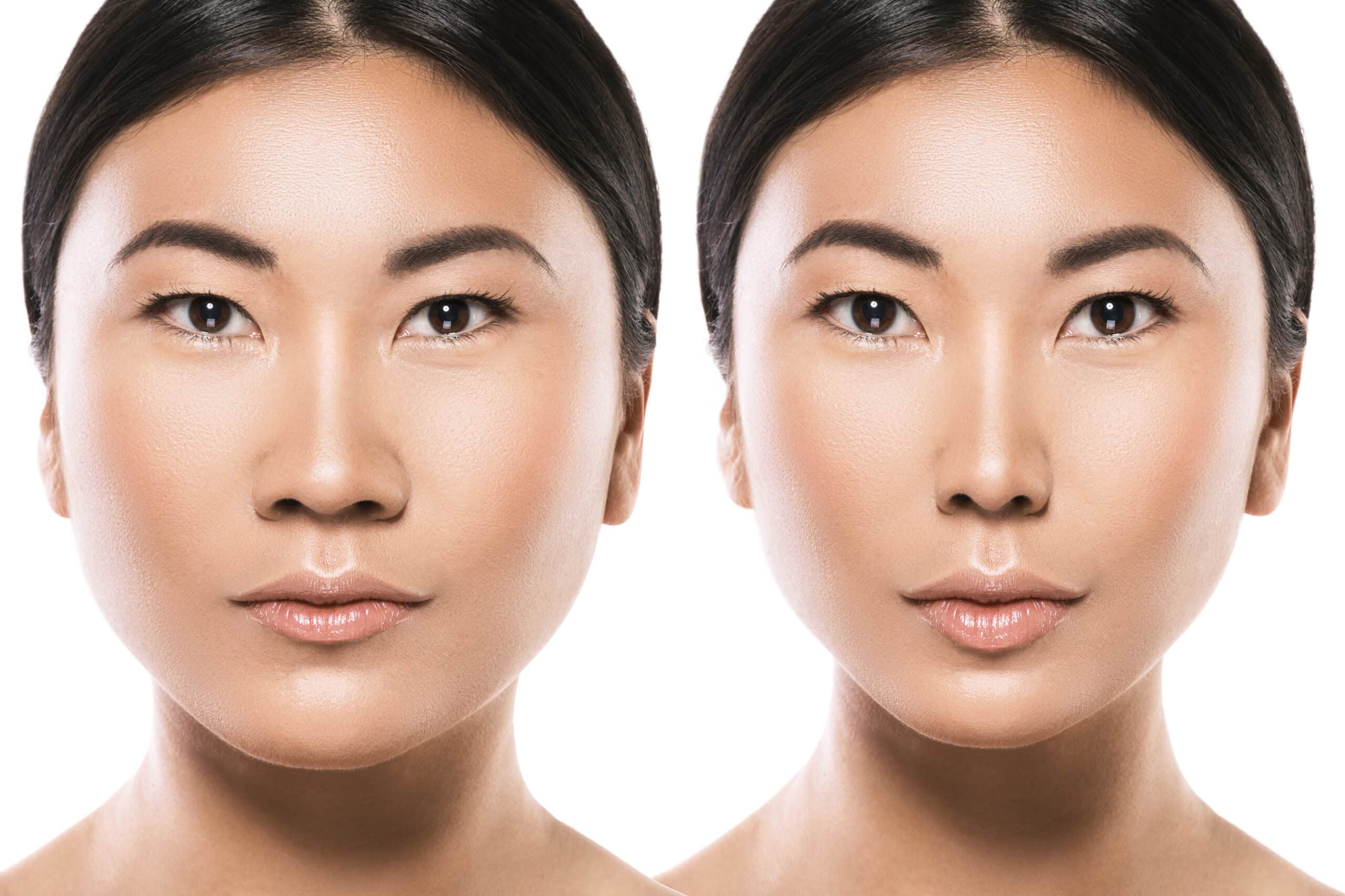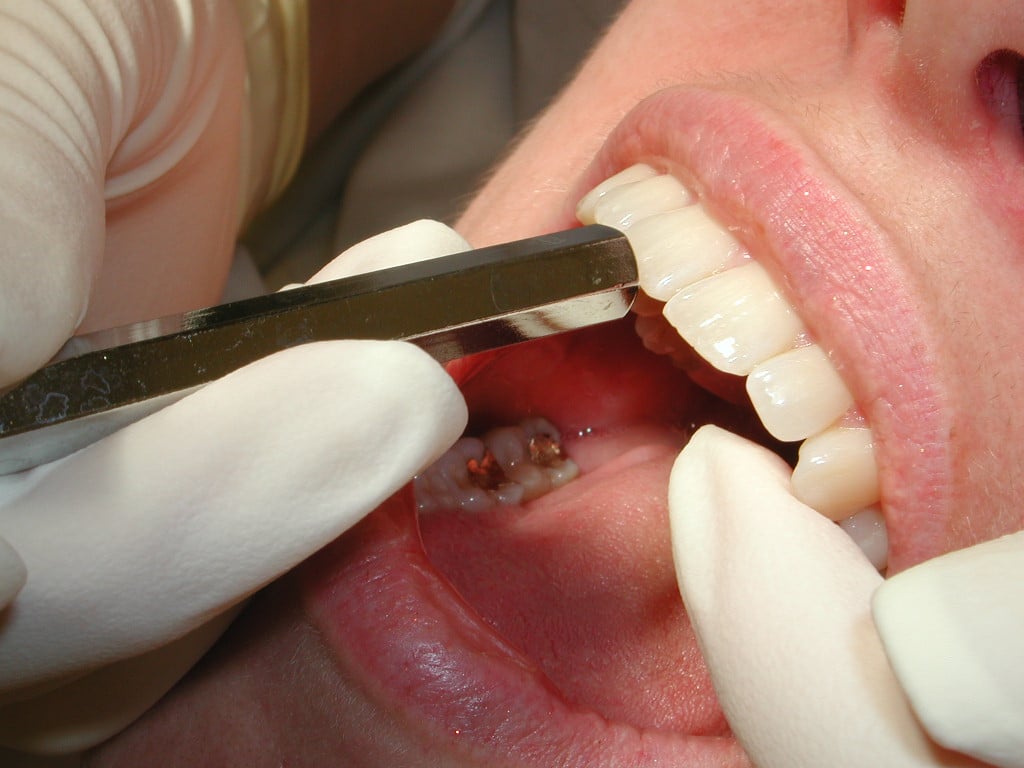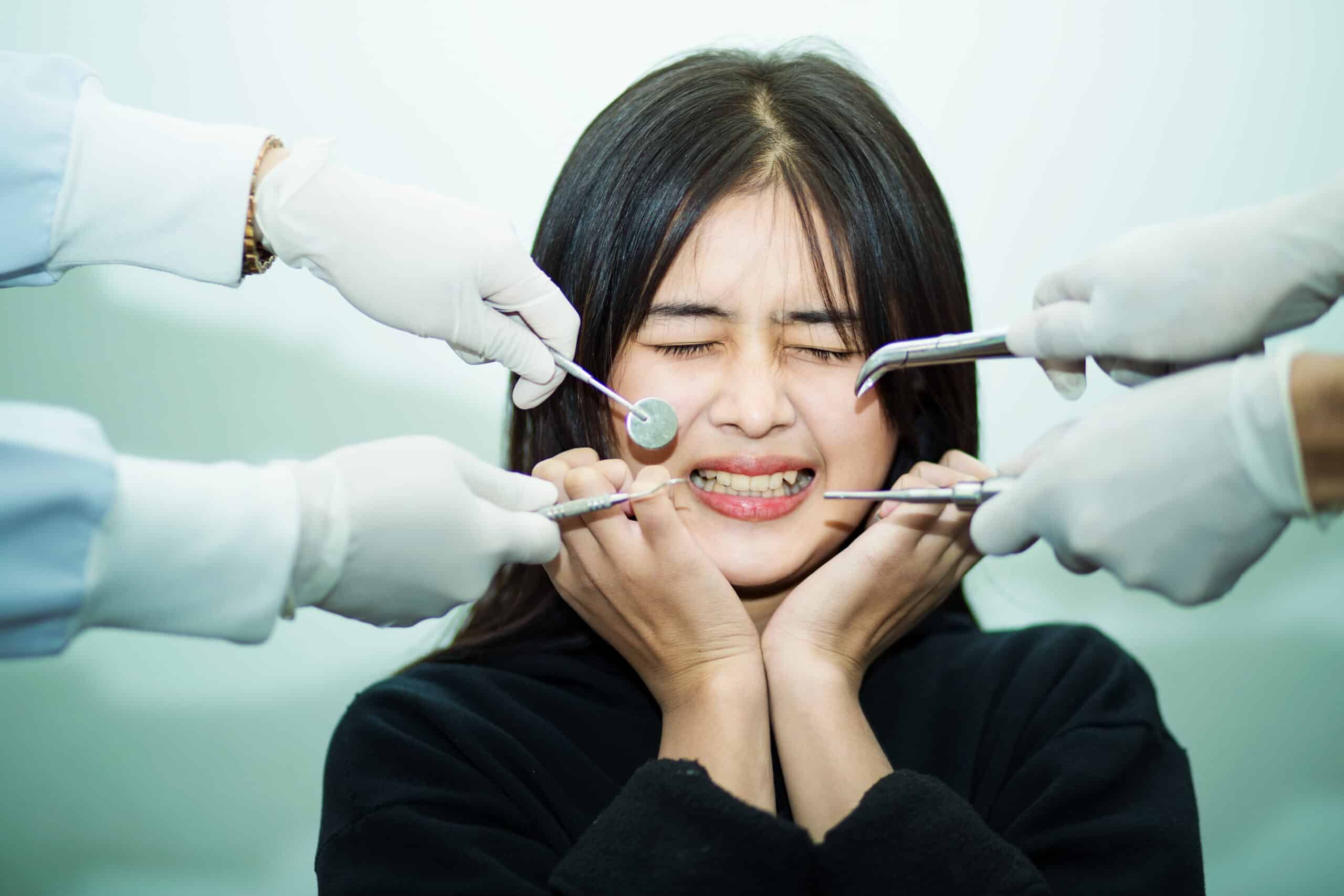4 Simple Steps In Taking Care of Your Dentures
We all know that most of the time dental treatments are not cheap. Thus, one tend to delegate visiting a dentist only until it becomes necessary. By that time, frequently in most cases, one ends up losing our natural tooth or teeth and ends up wearing dentures. Unfortunately, one also tends to do the same or even worse in not to taking care of it well just like our natural teeth. So, what are the simple ways we can keep our dentures to serve us well for several years and make it worth its price?
1. Keep Your Dentures Clean
Like your natural teeth you have to make sure that it is clean properly. Here are the simple tips on how to do it:
(a) Always Remove and Rinse Your Dentures After Eating. Run water over your dentures to remove food debris and other loose particles. In RPD (Removable Partial Dentures), you may want to place a towel on the counter or in the sink or put some water in the sink so the dentures won't break in case you accidentally drop it.
(b) Brush Your Dentures at least Daily. Gently clean your dentures daily by soaking and brushing with a nonabrasive denture cleanser to remove food, plaque and other deposits. If you use denture adhesive, clean the grooves that fit against your gums to remove any remaining adhesive. Do not use denture cleansers inside your mouth.
(c) Rinse your Dentures Before Putting it back in Your Mouth, especially if you use a denture-soaking solution. These solutions can contain harmful chemicals. This can cause vomiting, pain or burns if swallowed or digested.
2. Handling Your Dentures Properly with Care
You might feel awkward not wearing your dentures during bed time especially if you have a partner but like any other things in life, one needs a break. Your dentures needs one as well as your mouth. So, you have to do the following:
(a) Take your Dentures Out Before Going to Bed. Your mouth tissues can recover from wearing your dentures during the day, however, during night time both your dentures and mouth need to rest and fully recover from its working load. If you can’t, remove your dentures at least for 6 to 8 hours at another time of the day. Soak your dentures in warm water if they have metal clasps. If they don’t, one can use either a half-vinegar with half-water solution or a special denture cleanser. Soaking them will help to remove stains, plaque, tartar and bacteria. Moreover, most types of dentures need to remain moist to keep their shape.
(b) As mentioned above, it is best that When you Clean your Dentures there’s a Folded Towel or Bowl of Water in case of accidental drop. Don’t use toothpicks when you’re wearing it, even in natural teeth I don’t really recommend the use of toothpick. And, avoid using strong cleaners and brushing it too hard to clean it. All of these can cause damage to your dentures.
(c) Make sure you Don’t Leave your Dentures where Young Children or Pets can Reach It.
3. Looking After Your Own Mouth
It doesn’t mean that since one’s natural tooth/teeth are missing or totally lost, one can already neglect one's mouth. Even if you don’t have teeth anymore, your mouth still needs taking care of, most of the time even more so, since, there’s an artificial object that now resides in it. So, how do you do that?
(a) If you have complete dentures, you still need to Take Care for your Gums. Whenever you take out your dentures, give your mouth a good rinse and then massage your gums with a washcloth or a soft toothbrush. If you have partial dentures, you still need to properly brush and floss your regular teeth every day.
(b) Nothing lasts forever even if we want to, so, your dentures’ longevity is between 5-8 years depending on your care. Therefore, you have to Check if it still Fits you Properly and Comfortably. Your gums and bones do change over time, which can lead to an improper denture fit. Even new dentures can result to some untoward effects if it is not done properly by your dentist or you are currently in the period of adjustment. Remember, poorly fitting dentures can cause abdominal gas from swallowing air and can result from you having sores, pain and burning sensations. So, if you do develop sore spots, relieve your mouth from wearing your dentures and I do recommend eating soft foods until the initial sore spots are eliminated. The best home treatment between your dental appointments is to rinse your mouth with warm salt water, that’s 1/2 teaspoon of salt to 8 oz. of glass of warm water.
(c) Nourish your body well. I believe that our mouth is one of the most over-worked part of our body. So, do take care of your mouth well even without your teeth. Make sure you’re eating a well-balanced diet. Have the following vitamins and minerals that can assist you in keeping yourself healthy:
- Vitamin A- at least 700 mcg. Do Not Exceed to 3,000 mcg
- Vitamin B6- 13 mg. Do Not Exceed to 100 mg
- Vitamin B12- 2.4 mcg. No Upper Limit Established
- Vitamin C- 75mg. Do Not Exceed to 2,000 mg
- Vitamin D- 5mcg. Do Not Exceed to 50 mcg
- Vitamin E- at least 15 mg. Do Not Exceed to 1,000 mg
- Beta-Carotene- Not Established. No Upper Limit Established
- Biotin- 30 mcg. No Upper Limit Established
- Calcium- 1,000 mg. Do Not Exceed to 2,500 mg
- Copper- 900 mcg. Do Not Exceed to 10,000 mcg
- Folate- 400 mcg. Do Not Exceed to 1,000 mg
- Iodine- 150 mcg. Do Not Exceed to 1,100 mcg
- Iron- 18 mg. Do Not Exceed to 45 mg
- Lutein- Not Established. No Upper Limit Established
- Magnesium- 320 mg. Do Not Exceed to 350 mg
- Niacin- 14 mg. Do Not Exceed to 1,000 mg
- Pantothenic Acid- 5 mg. No Upper Limit Established
- Phosphorus- 700 mg. Do Not Exceed to 4,000 mg
- Riboflavin- 1.1 mg. No Upper Limit Established
- Selenium- 55 mcg. Do Not Exceed to 400 mcg
- Thiamine- 1.1 mg. No Upper Limit Established. No Upper Limit Established
- Zinc- 8 mg. Do Not Exceed to 40 mg
Like almost everything in life anything that’s too little or in excess is not good, so, even in taking vitamins and minerals it requires proper dosage depending on your current health status, that’s why the last step in taking care of your dentures as well as your oral health is visiting your dentist.
4. See Your Dentist.
Your dentist is critically necessary in taking care of your dentures. Even if you completely don’t have teeth, you still need to see your dentist at least once a year. Everyone needs a dentist whether you have a natural or artificial teeth. It is very important that periodic recalls is done, so, your dentist can evaluate your denture and examine your remaining soft tissues. Generally these should be every six months. All dentures (partial or complete) which rest on the soft tissue require periodic relines at intervals of one, two and three years. The frequency of relines depends upon the rate of bone remodeling which occurs and results in denture instability. Your dentist can adjust your dentures. Dentures that don’t fit can also be a sign of periodontal disease, so, again I can’t reiterate enough that it’s important to get your dentures checked by a dentist at least once a year.
At the end of the day, your dentures becomes part of your body and do affects your daily life, thus, taking care of it is very important. Treat it well and it will serve you well. Handle your dentures properly to make it worth its cost.
[dvk_social_sharing] [et_bloom_inline optin_id="optin_1"]






